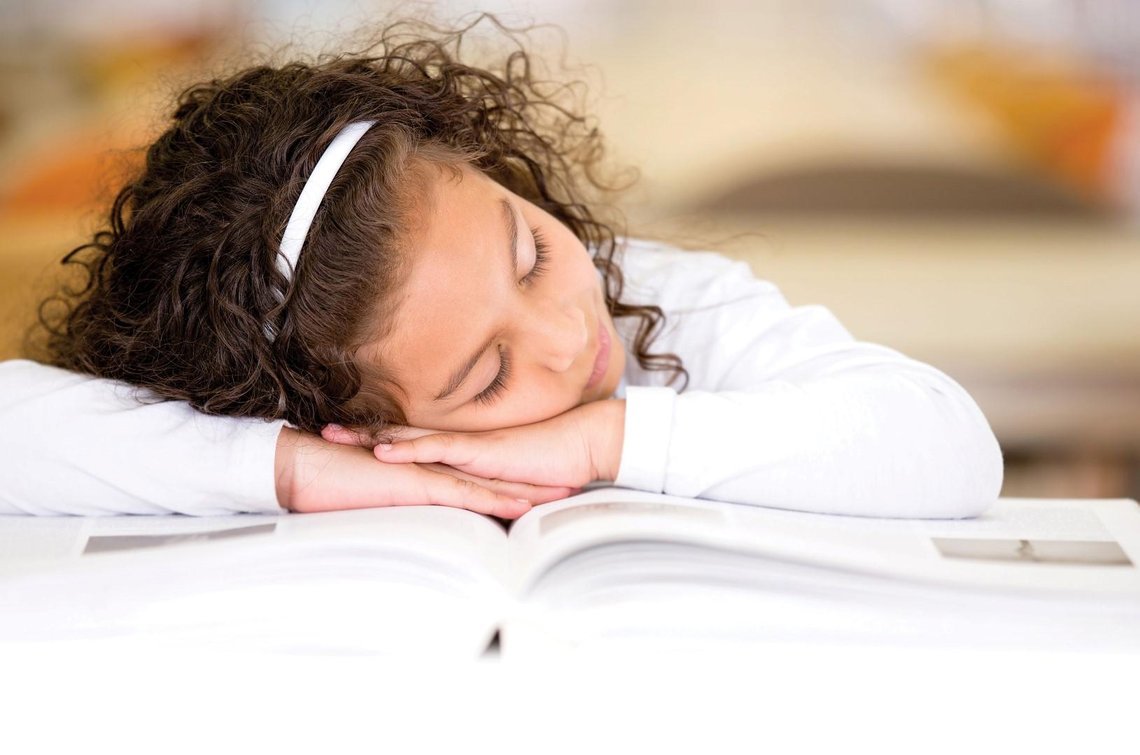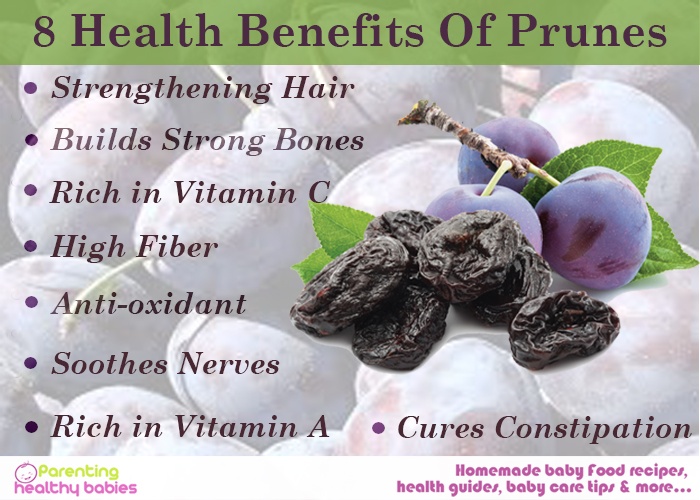Most rashes on infant face are harmless and disappear without treatment. But you can relieve your baby’s irritation by some remarkable home remedies like a cold compress, applying breast milk, oatmeal paste, yoghurt, chamomile tea, banana peels, Aloe Vera, neem, cucumber, olive oil and cornstarch. Check them out below!
In this article:
Causes of Rash on Infant Face
Top 11 Natural Home Remedies for Treating Rashes on Infants’ Face
When Should i be Concerned about My Baby’s Rash?
What Does Baby Heat Rash Look Like?
Why is My Baby’s Face Red?
Causes of Rash on Infant Face
Rash on Infant Face Without Itching Or Fever
Milia
Milia include small white spots mainly on your baby’s nose caused by blocked oil glands. They fade in a few weeks without treatment as the pores expand and open up.
Erythema Toxicum
Erythema toxicum is a red, yellow or white blotchy rash on infant’s face with patches or tiny bumps. It may appear within 2 weeks after birth and spread to the limbs and body. It usually disappears without treatment within a few weeks.
Baby Acne
Baby acne is like pimples which may appear on your baby’s nose and cheeks within the first few months after birth. They fade within a few months without treatment.
Cradle Cap
Cradle cap is the non-itchy yellowish, scaly greasy patches on your baby’s scalp. If it’s severe, it may become a red itchy rash on his face, ears, neck and armpits. It generally cures within some weeks or months without treatment.
Itchy Rash on Infant Face
Infant heat rash on face
Heat rash is small red, itchy bumps or blisters on your baby’s skin caused by heat and sweat in a humid climate. It generally cures without treatment in 2-3 days.
Eczema
Eczema makes your baby’s skin red, dry, cracked and itchy, mainly at his knee and elbow creases. It’s a long-term rash that may appear in a few months after birth and requires treatment.
Impetigo
Impetigo is a contagious bacterial skin infection marked by red itchy blisters and sores with a yellow crust. It commonly appears on the face, trunk and hands. It’s usually associated with scabies. It requires treatment.
Infant rash on face with fever
Slapped Cheek Syndrome
Slapped cheek syndrome is a viral infection marked by a vivid red rash on infants’ face, mainly their cheeks, which spreads to his limbs and body. It occasionally leads to a high fever. It usually fades without treatment in a few days.
Top 11 Natural Home Remedies for Treating Rashes on Infants’ Face
Here are the 11 effective home remedies to treat rash on infant’s face:
Cold Compress
Wondering how to treat infant heat rash on face? Ice cubes can relieve the irritation and pain of any infant itchy rash on face. It can specially prevent infant heat rash on face. Put a few ice cubes inside a piece of cloth. Wrap it up and compress his affected area slowly with it.
Breastmilk
You may apply breast milk on your baby’s rashes. It’s rich in antibodies which help treat the rash. Also, your baby won’t develop any allergic reactions to it.
Oatmeal Paste
Oatmeal heals the irritation of infant itchy rash on face as it contains anti-inflammatory Avenanthramides. Blend a bowl of oatmeal with water to form a paste. Apply it on your baby’s rashes and remove after it dries up. But first, check if he’s allergic to oatmeal by applying it on his arm. Proceed accordingly.
Yoghurt
The bacteria, Lactobacillus in yoghurt strengthens your immunity and remove rash symptoms such as itching. It can prevent rashes like eczema caused by malfunctioning of your immune system.
Chamomile Tea
Chamomile Tea has antioxidants to remove skin rashes. You can use multiple tea bags depending on the rash size of your baby. After boiling in hot water, cool bags till it’s lukewarm. Take out the bags and apply on his face.
Banana Peels
Banana peels can also treat infant rash on face. Refrigerate them for an hour and place a small piece on your baby’s rash. It’ll cleanse and moisturise his skin and distract him from his irritation.
Aloe Vera
Aloe Vera contains anti-inflammatory, emollient and anti-microbial properties. Avoid its creams which contain artificial compounds and additives. Instead, extract the gel naturally from Aloe Vera leaves and apply on your baby’s rashes.
Neem
Neem is a traditional cure for skin treatments. It contains anti-inflammatory and antifungal properties that cure skin rashes like Eczema. Prepare a neem paste by grinding neem leaves and mixing with water. Apply it on your baby’s affected area.
Cucumber
Cucumber contains anti-inflammatory properties to help reduce infant rash on face. It’s safe for any sensitive skin. You may bend cucumbers with oatmeal and prepare a thick paste. Apply it on your baby’s rashes.
Olive Oil
Olive oil can naturally cleanse your baby’s skin of allergens and unwanted toxins. It contains oleocanthal which relieves skin inflammation. It also has vitamin E and antioxidants to help in healing and skin renewal.
Cornstarch
You can also use cornstarch to cure infant rash on face. Applying cornstarch on the affected area can keep it dry and moisture-free. However, ask your doctor before using cornstarch to treat your baby’s rashes.
When Should i be Concerned about My Baby’s Rash?
You should be concerned about rash on infant’s face and consult a doctor if your baby gets:
- Fever
- Yellowish opaque fluid-filled blisters
- Loss of appetite
- Small reddish or purple spots (“petechiae”) that don’t fade after applying pressure
- Red streaking extensions from his rashes
- Swollen lymph nodes
- Cough
- Lethargy
FAQs
What Does Baby Heat Rash Look Like?
Baby heat rash appears like clumps of small red bumps (often moist) resembling blisters or pimples. It generally appears on the face, skin folds of the neck, upper chest, diaper area and limbs.
Why is My Baby’s Face Red?
It might be due to a special red rash on infants’ face, called “slapped cheek syndrome”. It’s named so because of the vivid red rash it causes on the affected infants’ cheeks. Scientifically called erythema infectiosum, it’s caused by parvovirus B19.
Conclusion
Rash on infant’s face is common. Apply the above home remedies to heal your baby’s pain and irritation. If you don’t find his rash slowly disappearing on its own without treatment, and getting worse or persistent, consult a doctor immediately.
Reference
https://www.ncbi.nlm.nih.gov/pmc/articles/PMC3729540/
https://journals.plos.org/plosone/article?id=10.1371/journal.pone.0076962













